Cuba
Presbyterian witness in Cuba began in 1890. The Presbyterian Church (U.S.A.) continues the tradition of Christian support through our partner church and mission personnel. The gospel is preached in more than 40 communities across four provinces in central Cuba. Congregations also reach out to elderly persons and others particularly affected by the country’s economic problems. Through the Evangelical Theological Seminary in Matanza students receive preparation for ministry. Lay leaders receive training through programs around the island. There are many PC(USA) congregation and presbytery partnerships with Cuban churches and presbyteries.
About our work
José Manuel Capella-Pratts and Vilmarie Cintrón-Olivieri
As regional liaisons for the Caribbean, Vilmarie and José Manuel listen and accompany church partners in ministry in Cuba, the Dominican Republic, Haiti, and other island nations in the region. They also work with the Caribbean and North American Council for Mission (CANACOM), an organization that enables mutual mission, accompaniment, and empowerment among churches. Their ministry involves facilitating and supporting programs of PC(USA) partner churches and organizations and implementing regional strategies. They also work with mission personnel in the region, as a resource for connection and information with other ecumenical bodies, and with PC(USA) congregations and mid-councils in the United States involved in partnerships in the Caribbean.
When most North Americans mention the Caribbean, the conversation is usually about tourist destinations, ocean views, and tropical reveries. With a population of around 43 million people, equivalent to roughly 0.56% of the total world population, the Caribbean indeed has a thriving tourism industry, yet these island nations face challenges not usually seen by the people who visit. Faithful church communities throughout the region are bearing witness to God’s grace, love, and justice in their communities. Their ongoing work includes leading efforts that focus on church vitality and education, climate change, systemic poverty, food insecurity, land grabbing, racial discrimination, economic justice, gender violence, and human trafficking prevention, among others.
Read more about Vilmarie and José Manuel’s ministry on their profile page, which you can find here.
Partner churches
The Presbyterian-Reformed Church in Cuba (IPRC)
In 1890 Evaristo P. Collazo started churches in Havana and Santa Clara. In the same year he became acquainted with a Presbyterian from the United States, Anthony T. Graybill. By 1918 the friendship of these two men had given birth to a Presbyterian Church in Cuba related to the United Presbyterian Church in the U.S.A.’s National Mission program. The relationship with the U.S. church was so strong that until the time of the Cuban revolution in 1959 Cuba was part of the Synod of New Jersey. In 1967 the Presbyterian-Reformed Church in Cuba (IPRC) was established as an autonomous denomination.
While no diplomatic relationships between the United States and Cuba have existed for many years, the two churches have maintained a close relationship. A Mutual Mission Agreement adopted by both General Assemblies celebrates the unity of Christ, a common Reformed tradition, and the sharing in “one Lord, one faith, and one baptism.” The Agreement details a commitment to sharing and exchange.
The IPRC has three presbyteries and a synod. New energy is felt all over Cuba as the Cuban people are returning to their Christian roots or are joining the Christian community for the first time.
Although the IPRC has highly trained and skilled leaders and church schoolteachers, there are too few to meet the increasing needs. Theological and Christian education are high priorities for the Cuban church. Each year a curriculum is written and sent to all churches and workshops provide training for new leaders. Throughout the years the women’s organization has given strength and vitality to the church. Women pastors are accepted and valued for their leadership and faithfulness. The church in Cuban society today has become an important place for those who are searching for meaning and spirituality. The IPRC is moving into new areas of pastoral ministry to meet the needs and concerns.
Alliance of Presbyterian and Reformed Churches of Latin America (AIPRAL)
Presbytery partnerships
Presbytery of Baltimore
Presbytery of the Cascades
Presbytery of Central Florida
Presbytery of Chicago
Presbytery of Long Island
Presbytery of South Louisiana
Presbytery of Santa Fe
Cuba Partners Network
The Cuba Partners Network is among more than 40 networks that connect Presbyterians who share a common mission interest. Most participants are involved in mission partnerships through congregations, presbyteries or synods. Network members come together to coordinate efforts, share best practices and develop strategies.
Cuba Partners Network
The Cuba Partners Network is among more than 40 networks that connect Presbyterians who share a common mission interest. Most participants are involved in mission partnerships through congregations, presbyteries or synods. Network members come together to coordinate efforts, share best practices and develop strategies.
Mission coworkers serving in the country:
Vilmarie.Cintron-Olivieri - Vilmarie Cintron Olivieri
José Manuel Capella-Pratts - Jose Manuel Capella Pratts
